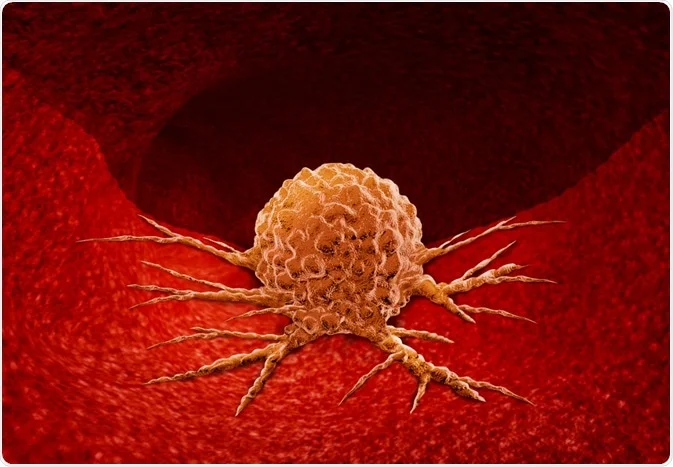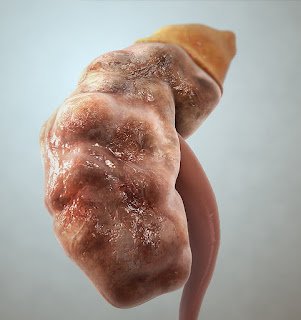Cancer affects 1 in 3 people in the United States. It is possible that you or someone you know has been affected by cancer. Here is some information to help you better understand what cancer is.
You are made up of trillions of cells that will normally grow and divide as you live. When cells are abnormal or old, they die normally. Cancer begins when something goes wrong in this process and your cells continue to make new cells and old or abnormal cells do not die when needed. When cancer cells grow out of control, they can remove normal cells. It makes it harder for your body to work the way it should.
In many people, cancer can be successfully treated. In fact, more people than ever before live cancer treatment. Cancer is more than a disease
There are many types of cancer. Cancer can grow anywhere in the body and is named after the part of the body where it started. For example, breast cancer that begins in the breast is still called breast cancer, even though it has spread (metastasized) to other parts of the body.
There are two main categories of #cancer:
#Haematological (blood) cancers are blood cell cancers, including #leukemia, #lymphoma and multiple #myeloma.
Solid tumors are tumors of any other organ or tissue in the body. The most common solid tumors are breast, prostate, lung and colorectal cancers.
These cancers are similar in some ways, but may differ in the way they grow, spread, and respond to treatment. Some cancers are growing and spreading fast. Some grow more slowly. Some are more likely to spread to other parts of the body. Some are likely to stay where they started.
Other types of cancer are best treated surgically; others respond better to drugs such as chemotherapy. For best results, 2 or more treatments are usually used.
What is a #tumor?
The tumor is more of a lump or growth. Some tumors are cancerous, but many are not.
Non-cancerous tumors are called benign
Cancerous tumors are called malignant
Cancer is characterized by the fact that it can spread to other parts of the body, while benign tumors do not. Cancer cells can be separated from where the cancer started. These cells can travel to other parts of the body and reach the lymph nodes or other organs in the body, causing problems with normal functions.
What causes cancer? Cancer cells develop through many changes in their genes. These changes can have many possible causes. Life habits, genes you inherited from your parents, and exposure to environmental cancer can play a role. Many times there is no clear reason.
What is the stage of cancer? When a cancer is found, tests are done to find out how big the cancer is and whether it has spread from where it started. This stage is called cancer.
A low stage (such as stage 1 or 2) means that the cancer has not spread much. A higher number (such as level 3 or 4) means it is extended. Stage 4 is the highest stage. The stage of cancer is very important in choosing the best treatment for a person. Ask your doctor about the stage of your cancer and what it means to you.
How does #cancer spread?
The cancer can spread from where it started (the main area) to other parts of the body.
When cancer cells separate from the tumor, they can travel through the bloodstream or lymphatic system to other parts of the body. Cancer cells that pass through the bloodstream can enter distant organs. When cancer cells travel through the lymphatic system, they can enter the lymph nodes. However, most escaped cancer cells die or die before they can begin to grow elsewhere. But one or two can settle in a new place, start growing and become new tumors. This spread of cancer to a new part of the body is called metastasis. The cells that make up the metastasis are the same type as the primary cancer. They are not a new type of cancer. For example, breast cancer cells that have spread to the lungs are breast cancer and NOT lung cancer. And colon cancer cells that have spread to the liver are still colon cancer.
In order for cancer cells to spread to new parts of the body, they must undergo many changes. They must first be removed from the original tumor and then attached to the outer wall of the lymphatic vessel or blood vessels. They must then pass through the vessel wall to flow with blood or lymph to a new organ or lymph node.





